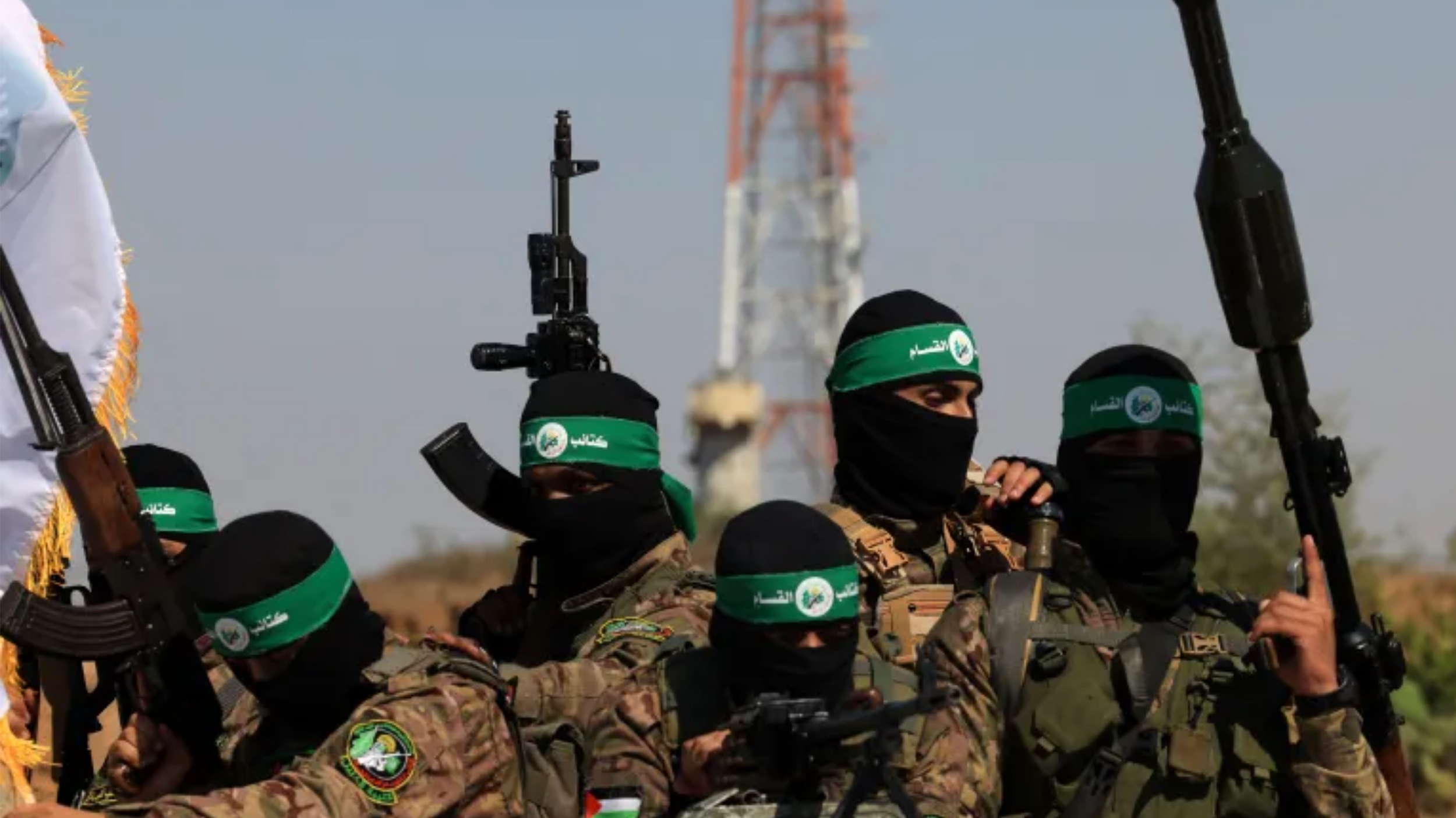
As the war on Gaza concludes its third month, pressing political and military questions remain unanswered. The Netanyahu government continues to pursue its declared goals of eliminating Hamas and recovering the Israeli hostages. In the face of worldwide calls for a ceasefire, the Biden administration continues to provide full support and international cover for Israel’s war, for reasons that are inexplicable to broad swathes of American opinion leaders. The ambiguity of the US strategic vision has implications not only for the war and what will follow, but also for the broader Middle East and the global order that the West has sustained since the end of the Cold War.
The Israelis began the war with a three-week aerial and artillery bombing campaign, initially tilting the battle in their favour. The balance has been shifting, however, since the ground invasion launched in late October 2023, although in conventional military terms, there is no comparison between the two sides in numbers, firepower or equipment. Nevertheless, bolstered by their knowledge of the terrain and faith in the justice of their cause, Palestinian fighters have put up stiff resistance to Israeli ground forces; and videos released by the resistance suggest that they have partially or totally destroyed hundreds of Israeli armoured vehicles and tanks, and inflicted hundreds of casualties in Israeli military ranks. Israel likely bet from the beginning that prolonging the war would eventually deplete the resistance’s stock of ammunition and force fighters out of the tunnels, but this gamble has not paid off. Despite the massive destruction visited on the Gaza Strip, the Israeli army has tangibly little to show for it, aside from uncovering three or four tunnels.
On the political side, multiple parties are floating ceasefire and hostage exchange deals, as well as visions for Gaza’s post-war government. The fate of all these proposals will ultimately be determined by the profit-loss calculations of both parties to the war. The Israeli leadership has not yet achieved any of its war objectives, even as it faces rising demands from hostages’ families to prioritise their release. Palestinian resistance fighters know that they possess two pieces of leverage—their ability to resist and the captives—and that ending the war requires using these wisely.
Thus far, Netanyahu’s vision for the end of the war and the post-war administration of Gaza has been articulated in general, near fantastical terms. In short, he wants an administration that acknowledges that the Palestinians have lost their historical rights and that further resistance is futile. But this is not viable without defeating the Palestinian resistance and breaking the will of Gaza’s 2.5 million inhabitants, neither of which seems imminent three months into this genocidal war.
Perhaps the most decisive determinant of the war’s outcome will be the success of Israel’s ongoing attempts to expel Gaza’s population. Although Palestinians in Gaza show no signs of breaking, the Netanyahu government is certainly betting that further destruction and killing will eventually drive people out. If not, it spells the abject failure of a key war objective.
Reverberations from the war have already been felt in the region and the world. Although military exchanges between Israel and Hezbollah have not devolved into an all-out war as many observers feared, escalation is still a possibility—especially as Netanyahu realises that prolonging the war is the only way to stay in office. Meanwhile, Houthi attempts to impose a naval blockade against Israel have led to skirmishes in the southern Red Sea and disrupted shipping, dramatically increasing the costs of global trade.
One little discussed implication is the status of the Iranian nuclear file. In late December, the International Atomic Energy Agency (IAEA) reported that Iran was again enriching uranium at high rates. This has yet to be verified, but the war on Gaza has undoubtedly given Iran renewed incentive to acquire nuclear weapons as a means of avoiding Gaza’s fate.
More obviously, the war on Gaza has reversed the balance of power in the Russia-Ukraine war. If on 6 October, it looked like Russia had won the battle but lost the war, Ukraine has been steadily losing strategic and military ground since 8 October. Global sympathy for Ukraine and America’s Ukraine policy has faded, and the scale and scope of Russia’s attacks on Ukraine are of little concern worldwide. If this climate persists, Russia may succeed in overthrowing the Zelensky government in the coming months.
The tangible shift in global public opinion on the Palestinian question over the last three months has yet to reach governing circles in Western countries. Accordingly, the future trajectory of this war will be largely determined in the Gaza Strip itself, depending on Palestinians’ resilience and perseverance in their homeland and on the Israelis’ assessment of the utility of continuing the war and its likely outcomes.
*This is a summary of a policy brief originally written in Arabic available here.